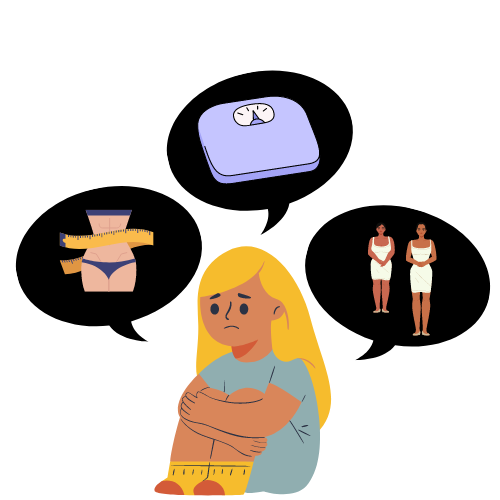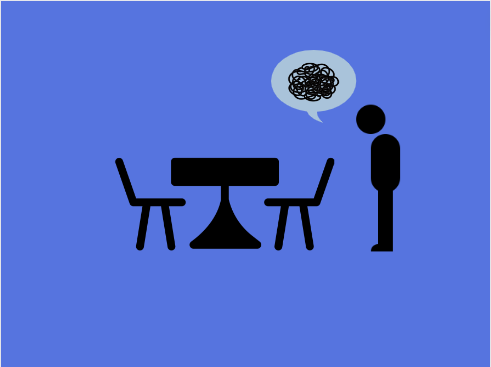A strange addiction
October 23, 2014
Kids these days can’t wait until they turn seventeen. Seventeen represents a freedom of sorts, an age when their rights as adults advance once more. This feeling of a new life is mostly due to the new experiences they can attain, mainly in M-Rated games and R-Rated movies.
These movies are rightly rated as they are, and deserve to be under some restriction to people of certain ages. They are made up of violence, language, and sexuality which makes them inappropriate for some audiences.
Sometimes we have to wonder why we want to watch those things though- is there a reason we take pleasure in violence and death? I’m sure that if death ever affected us personally, we would certainly regret it. Yet when it comes to the big screen and video games, it seems to be such a stimulus to our lives.
Not only fictional media, but our daily fix of the news is centered around negative influences in our world. We turn on the news to see the latest drama surrounding a murder tale or information regarding killing sprees in Africa, and can’t stop watching when they display raw footage of such heinous acts.
The answer may lie in our brains, where psychology can unveil some of the unconscious tendencies we all have. Perhaps we derive much of our interest in violence from our nervous system, which relies upon external stimuli to kick our sympathetic nervous system into action.
The sympathetic nervous system is your brain’s emergency response mechanism, and can be activated by a variety of things, including apparent danger shown in violence or video games. The activation of this system increases adrenaline, heart rate, and bodily chemical production, all of which create a short positive response from the body and increased strength and mental capability. Outside of the “adrenaline high”, it also provides practice for the body when it comes to the nervous system, because some people don’t often experience stress-inducing situations, necessitating experience with such processes.
The answer could very well also lie in the instincts of our ancestors, where we would rely on violence to solve our problems and where most of our life was spent on the lookout for potential danger. It would be safe to assume that the longer you go without violence, the more a small paranoia could creep up on you as you wait for potential threats to break your perfect utopia of a life.
Either way, the tendency is a negative, albeit unavoidable one. It would help if we could focus more on the positives of life, and cut down on experiences which could dull our perception of real danger. Maybe we won’t be able to, and should stop criticizing violence and just understand that sometimes we need a little in our lives.














